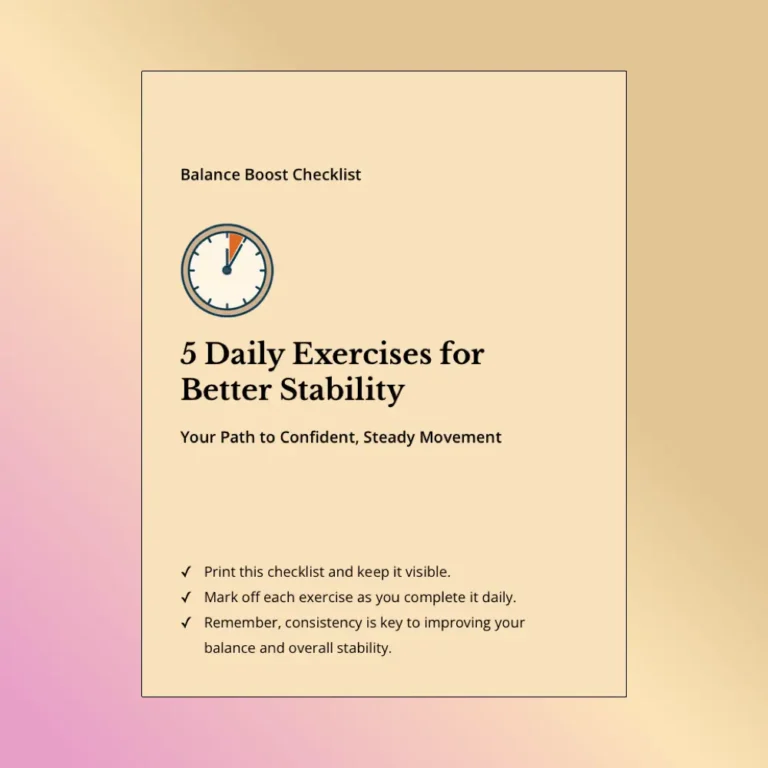
Highlights

For seniors looking to make a meaningful impact, volunteering at animal services offers a perfect blend of service and companionship. These humane organizations are constantly in need of dedicated individuals to help care for animals, and seniors can play a valuable role in this rewarding volunteer experience. Whether it’s through dog walking, administrative support, or crafting homemade pet toys, there’s a place for everyone in the world of animal welfare.
Engaging in light physical activity is one of the most significant advantages of volunteering at animal shelters. Tasks such as walking our shelter pets, cleaning, or even grooming can help seniors maintain mobility and enhance their overall health. Regular movement not only strengthens muscles but can also improve cardiovascular health, similar to the benefits gained from breathing exercises designed for elderly individuals.
The simple act of taking a shelter dog for a short walk provides gentle exercise that many seniors might otherwise skip. Even indoor activities like brushing cats or organizing supplies keep the body active and engaged. These movements help maintain joint flexibility and muscle tone without the intensity of a formal exercise program.
Volunteering also serves as a powerful antidote to loneliness and depression, two challenges that many seniors face. The act of caring for animals fosters a sense of purpose and fulfillment. Interacting with fellow volunteers and shelter staff strengthens social connections, creating a supportive community built around shared interests.
Animals provide unconditional acceptance and affection, which can be incredibly comforting. Many seniors report that their time at animal shelters is the highlight of their week, giving them something to look forward to and a reason to get out of the house. The simple joy of seeing a dog’s tail wag or hearing a cat purr can lift spirits in ways few other volunteer activities can match.
By volunteering, seniors contribute to the welfare of animals in need, helping them find loving homes. This engagement enhances the community’s well-being while allowing volunteers to experience personal growth and satisfaction. The ripple effect of their volunteer service can make a significant difference in countless lives.
Local shelters often operate with limited resources, making volunteer support crucial to their mission. When seniors share their time and skills, they become an important part of the solution to animal homelessness in their community. Their presence also helps bridge generational gaps, creating diverse volunteer teams that benefit from different perspectives and experiences.
Animal services offer a variety of volunteer roles that cater to seniors, ensuring that everyone can find a spot that suits their skills and interests:
For seniors with limited mobility, shelters offer several accommodating volunteer opportunities:
Understanding that seniors often have varying schedules, many humane organizations have implemented flexible volunteering hours. This adaptability allows seniors to contribute without feeling overwhelmed by rigid time commitments. When exploring volunteer opportunities, ask about flexible hours and how they can fit into your lifestyle. It’s important to find a role that aligns with your availability, ensuring a fulfilling volunteer experience.
Some shelters offer “drop-in” volunteer shift options where you can help for an hour or two whenever it suits your schedule. Others might ask for a regular commitment but allow you to choose the day and time that works best for you. Don’t hesitate to discuss your schedule constraints with volunteer coordinators; they’re usually happy to work with you to find a mutually beneficial arrangement.
Many animal services provide comprehensive training for new volunteers, which typically includes volunteer orientation sessions covering the shelter’s policies, the importance of animal welfare, and specific tasks volunteers will undertake. Training duration can vary, but most sessions are designed to be informative yet concise.
Skills and qualities that shelters often look for include patience, kindness, and a genuine love for animals, all traits that seniors possess in abundance. If you’re keen to become a volunteer, reach out to your local shelter to learn more about the volunteer application process and what you can do to prepare.
The training process usually begins with an information session or shelter tour of the facility. You’ll learn about the shelter’s mission, the animals they serve, and safety protocols. Depending on your chosen role, you might receive additional hands-on training, such as how to properly handle animals or use shelter management software. Don’t worry if you don’t have previous experience with animal handling; most shelters are happy to teach you everything you need to know.
Many seniors have found volunteering at animal shelters to be a transformative volunteer experience. Take, for example, Margaret, a 67-year-old retiree who began volunteering at her local shelter after losing her husband. “I felt a void in my life,” she shares. “But walking the dogs filled my heart with joy. They’re all such loving creatures.”
John, 72, adds, “I’ve made friendships I never expected. We all come together for a common cause, and it feels wonderful to give back.” These testimonials underscore the profound impact that volunteering can have on both the animals and the volunteer team itself.
Another volunteer, Barbara, who’s 70, found that her skills as a former office manager were perfect for helping the shelter organize its filing system. “I thought my working days were behind me,” she says. “But here I am, using my organizational skills to help these shelter pets find homes faster. It gives me such satisfaction to know I’m still making a difference.”
For many regular volunteer seniors, the relationships formed with specific animals become especially meaningful. Tom, 65, recalls a shy German Shepherd who wouldn’t approach anyone until Tom spent weeks gently gaining his trust. “When he finally came to me wagging his tail, I nearly cried. Two weeks later, he was adopted by a wonderful family. That’s why I keep coming back.”
If you’re ready to embark on this fulfilling journey, here are a couple of reputable organizations to consider:
Be sure to contact local humane animal shelters in your area to inquire about their specific volunteer program and how you can get involved. Many shelters have websites listing their volunteer needs and application process, or you can simply call them directly to express your interest.
Don’t overlook smaller rescue organizations in addition to the main animal shelter in your area. These smaller groups often operate with minimal staff and rely heavily on volunteers. They might offer more personalized volunteer experiences and flexibility in creating a role that matches your interests and abilities, including options for seniors with mobility limitations.
Some shelters have programs specifically designed for senior volunteers, recognizing the unique skills and availability that older adults bring to their organization. Ask if there are any senior-specific volunteer opportunities or if there are other senior volunteers you could connect with as you get started.
What options exist for volunteers with limited mobility? Many shelters offer volunteer roles that are suitable for seniors with mobility concerns, including crafting and administrative tasks. You can make toys or blankets from home, help with paperwork, make phone calls to potential adopters, or assist with fundraising efforts. Some shelters also have “cuddle programs” where volunteers simply sit with animals to provide socialization, which requires minimal movement. Discuss your needs with the volunteer coordinator to find suitable opportunities. Even seniors with joint issues can participate in many volunteer activities, similar to how yoga can be adapted for elderly individuals with arthritis.
How flexible is the scheduling for volunteers? Most shelters recognize the importance of accommodating various schedules. Some offer drop-in hours where you would like to volunteer whenever you’re available, while others might ask for regular volunteer shifts but let you choose when those happen. Many shelters have both weekday and weekend opportunities. When reaching out, ask about flexible volunteering shifts that can work around your appointments, travel plans, or other commitments.
What kind of training will I need to complete? Training usually involves an initial orientation and training session and may vary by shelter. Most provide basic training on animal handling, safety procedures, and shelter policies. Depending on your role, you might receive additional specialized training. For example, volunteers who walk dogs often learn specific leash techniques, while administrative volunteers learn database systems. The training is typically designed to be straightforward and accessible. It’s a good idea to inquire about the specifics and prepare for any necessary training to ensure a smooth start.
Volunteering at animal shelters presents a unique opportunity for seniors to connect with their communities while making a tangible difference in the lives of animals. The many benefits, from improved physical health to enhanced emotional well-being, make it a worthwhile endeavor. Whether you’re walking shelter dogs, crafting toys, or providing administrative support, your efforts will not only enrich your life but also bring joy to countless furry friends.
The beauty of shelter volunteering is that it can be adapted to suit almost any senior’s interests, abilities, and schedule. You don’t need special skills or previous experience, just a caring heart and willingness to help. Shelters value the reliability, patience, and life wisdom that senior volunteers bring to their organizations.
So take that first step; contact your local shelter today to explore how you can be a part of this rewarding journey. Fill out our volunteer application and learn more about our volunteer program. The animals are waiting, and so is a community eager to welcome you! You might discover that in giving your volunteer hours to help animals in need, you receive far more in return: new friendships, a sense of purpose, and the incomparable satisfaction of knowing you’ve helped a vulnerable animal find their forever home.
